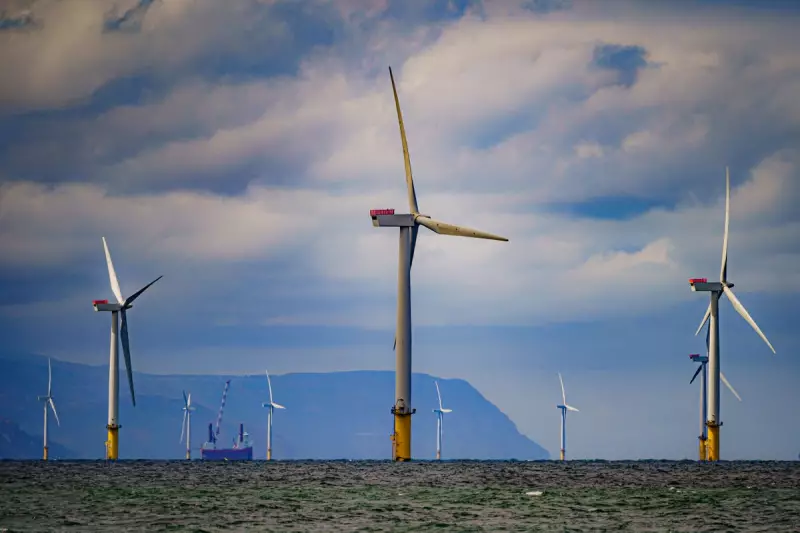
In a landmark moment for Britain's energy landscape, renewable sources have officially overtaken fossil fuels in the nation's electricity generation mix, according to a comprehensive new analysis.
The Tipping Point Arrives
The study reveals that wind, solar, biomass and hydro power collectively generated more electricity than coal, oil and gas-fired power stations during the first quarter of this year. This represents a dramatic reversal from just a decade ago when fossil fuels dominated Britain's energy supply.
This historic shift signals a new era for British energy, with renewables now accounting for over 40% of electricity generation, while fossil fuels have dropped to around 39%.
Wind Leads the Charge
The transformation has been particularly dramatic in recent years, driven largely by the rapid expansion of offshore wind farms around Britain's coastline. Wind power alone has become one of the most significant contributors to the national grid.
"This is a watershed moment that many in the energy industry have been working toward for decades," said one energy analyst. "The pace of change has been extraordinary."
What's Driving the Green Revolution?
- Massive investment in offshore wind technology
- Falling costs for renewable energy infrastructure
- Government policies supporting clean energy transition
- Public pressure for climate action
- Phasing out of coal-fired power stations
The decline of coal has been particularly striking, with its contribution to Britain's electricity mix falling from over 40% in 2012 to less than 3% today.
The Road Ahead
While this milestone represents significant progress, energy experts caution that challenges remain. The intermittent nature of renewable sources requires continued investment in energy storage and grid modernization.
The next frontier will be decarbonising heating and transport, which remain heavily dependent on fossil fuels. However, this achievement in electricity generation demonstrates that rapid energy transformation is achievable with sustained commitment and investment.
As Britain continues its journey toward net-zero emissions by 2050, this milestone serves as both validation of progress made and motivation for the work still ahead in building a truly sustainable energy system.





